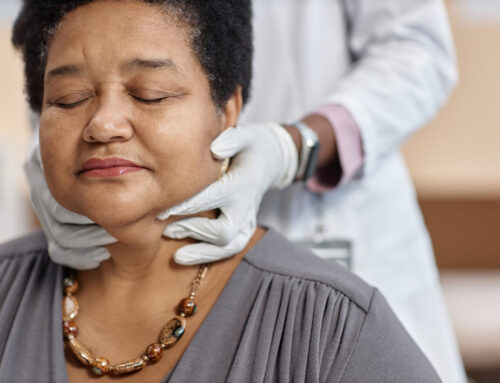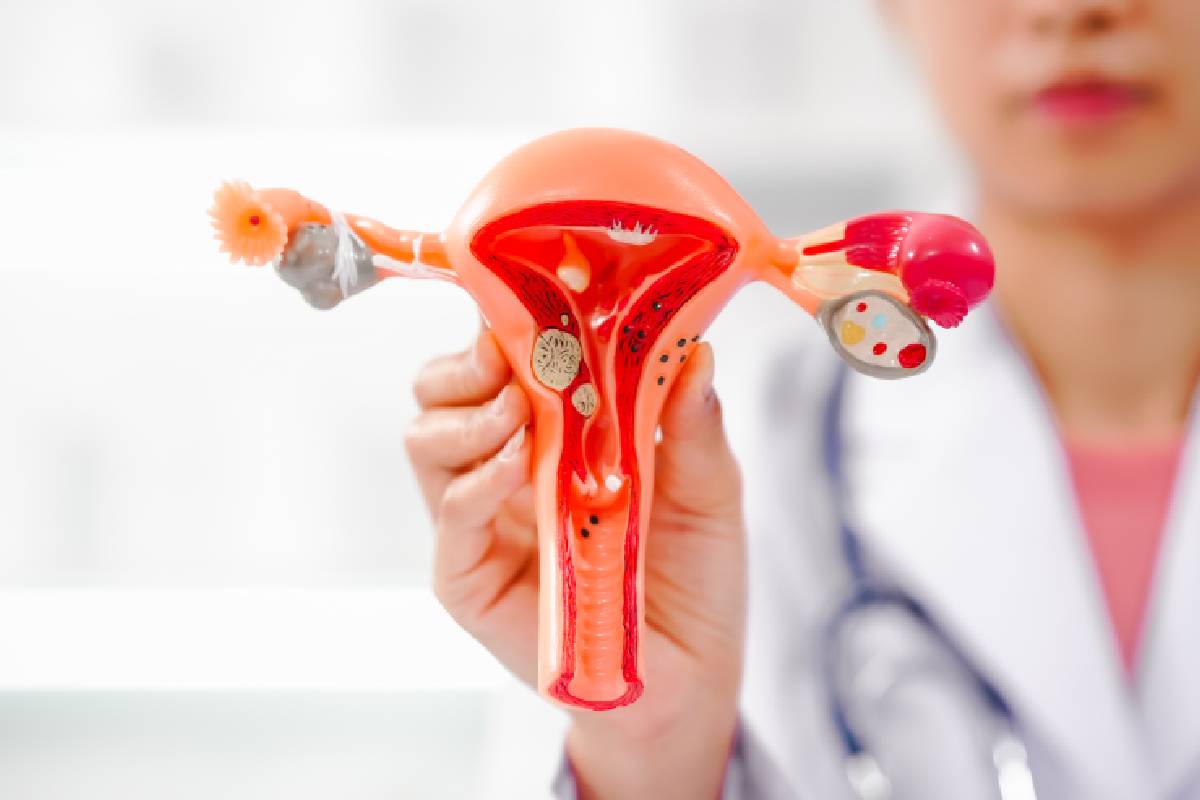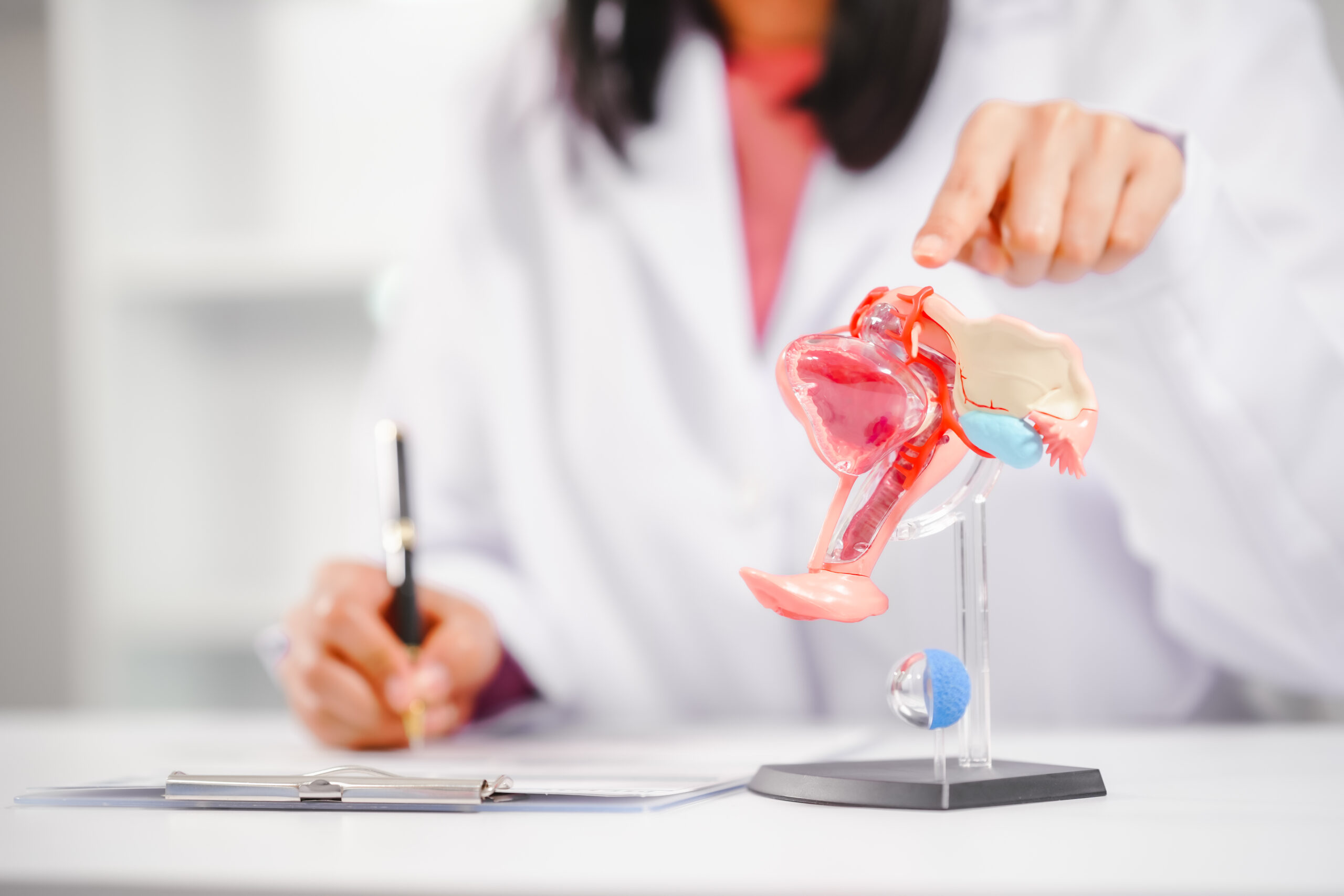
Your menstrual cycle is more than just a monthly period—it’s a vital indicator of overall health. Understanding your cycle and learning how to manage common menstrual issues can help you take control of your well-being. In this blog from A Woman’s Place in Naples, FL, we’ll break down how your menstrual cycle works, what’s normal, and when to seek care for concerns like irregular periods, heavy bleeding, or painful cramps.
What Is the Menstrual Cycle?
The menstrual cycle is the monthly hormonal cycle that prepares your body for pregnancy. It typically lasts between 21 to 35 days, with menstruation (your period) occurring during the first 3 to 7 days.
Phases of the Menstrual Cycle:
- Menstrual Phase (Days 1–5): Shedding of the uterine lining, resulting in bleeding.
- Follicular Phase (Days 1–13): Hormones stimulate egg development and prepare the uterine lining.
- Ovulation (Around Day 14): A mature egg is released from the ovary.
- Luteal Phase (Days 15–28): If pregnancy doesn’t occur, hormone levels drop, leading to the next period.
Common Menstrual Issues and How to Manage Them
Many people experience menstrual problems that can affect their daily life. Here are some of the most common concerns and how to address them:
- Irregular Periods
Causes: Stress, thyroid disorders, PCOS, eating disorders, or perimenopause.
Management:
- Track your cycle using a calendar or app.
- Maintain a balanced diet and regular sleep.
- See your provider if your cycles are consistently shorter than 21 days, longer than 35, or unpredictable.
- Heavy Menstrual Bleeding (Menorrhagia)
Signs: Soaking through pads or tampons in under 2 hours, passing large clots, fatigue.
Management:
- Iron supplements for anemia.
- Hormonal birth control or IUD to reduce flow.
- Evaluation for fibroids, polyps, or bleeding disorders may be needed.
- Painful Cramps (Dysmenorrhea)
Causes: Prostaglandin levels, endometriosis, fibroids.
Management:
- Over-the-counter NSAIDs like ibuprofen.
- Heat pads or light exercise.
- For severe pain, consult a gynecologist for further evaluation.
- PMS and PMDD
Symptoms: Mood swings, irritability, bloating, fatigue before your period.
Management:
- Lifestyle changes like reducing caffeine and increasing exercise.
- SSRIs or hormonal therapy for PMDD.
- Keeping a symptom diary can help with diagnosis.
When to See a Provider
It’s time to seek medical guidance if you experience:
- Periods that are very painful or debilitating
- Bleeding between periods
- Missing three or more periods in a row (and you’re not pregnant)
- Signs of anemia (fatigue, dizziness, pale skin)
- Suspected endometriosis or PCOS
Taking Charge of Your Menstrual Health
Regular gynecologic visits and open conversations about your cycle can lead to early detection and effective treatment of menstrual issues. Whether you’re managing discomfort or tracking irregular cycles, A Woman’s Place in Naples, FL, is here to help.
Schedule your visit with our compassionate providers today: https://www.awpnaples.com/news-and-events/
Further Reading
Your menstrual cycle is more than just a monthly period—it’s a vital indicator of overall health. Understanding your cycle and learning how to manage common menstrual issues can help you take control of your well-being. In this blog from A Woman’s Place in Naples, FL, we’ll break down how your menstrual cycle works, what’s normal, and when to seek care for concerns like irregular periods, heavy bleeding, or painful cramps.
What Is the Menstrual Cycle?
The menstrual cycle is the monthly hormonal cycle that prepares your body for pregnancy. It typically lasts between 21 to 35 days, with menstruation (your period) occurring during the first 3 to 7 days.
Phases of the Menstrual Cycle:
- Menstrual Phase (Days 1–5): Shedding of the uterine lining, resulting in bleeding.
- Follicular Phase (Days 1–13): Hormones stimulate egg development and prepare the uterine lining.
- Ovulation (Around Day 14): A mature egg is released from the ovary.
- Luteal Phase (Days 15–28): If pregnancy doesn’t occur, hormone levels drop, leading to the next period.
Common Menstrual Issues and How to Manage Them
Many people experience menstrual problems that can affect their daily life. Here are some of the most common concerns and how to address them:
- Irregular Periods
Causes: Stress, thyroid disorders, PCOS, eating disorders, or perimenopause.
Management:
- Track your cycle using a calendar or app.
- Maintain a balanced diet and regular sleep.
- See your provider if your cycles are consistently shorter than 21 days, longer than 35, or unpredictable.
- Heavy Menstrual Bleeding (Menorrhagia)
Signs: Soaking through pads or tampons in under 2 hours, passing large clots, fatigue.
Management:
- Iron supplements for anemia.
- Hormonal birth control or IUD to reduce flow.
- Evaluation for fibroids, polyps, or bleeding disorders may be needed.
- Painful Cramps (Dysmenorrhea)
Causes: Prostaglandin levels, endometriosis, fibroids.
Management:
- Over-the-counter NSAIDs like ibuprofen.
- Heat pads or light exercise.
- For severe pain, consult a gynecologist for further evaluation.
- PMS and PMDD
Symptoms: Mood swings, irritability, bloating, fatigue before your period.
Management:
- Lifestyle changes like reducing caffeine and increasing exercise.
- SSRIs or hormonal therapy for PMDD.
- Keeping a symptom diary can help with diagnosis.
When to See a Provider
It’s time to seek medical guidance if you experience:
- Periods that are very painful or debilitating
- Bleeding between periods
- Missing three or more periods in a row (and you’re not pregnant)
- Signs of anemia (fatigue, dizziness, pale skin)
- Suspected endometriosis or PCOS
Taking Charge of Your Menstrual Health
Regular gynecologic visits and open conversations about your cycle can lead to early detection and effective treatment of menstrual issues. Whether you’re managing discomfort or tracking irregular cycles, A Woman’s Place in Naples, FL, is here to help.
Schedule your visit with our compassionate providers today: https://www.awpnaples.com/news-and-events/











